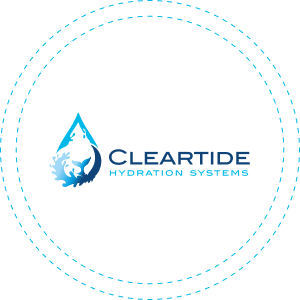Table of Contents
- Introduction
- The Rise of Bottle-less Water Systems
- What Are Bottle-less Water Systems?
- Benefits Over Traditional Bottled Water
- Negative Effects of Plastic Bottles
- Environmental Impact
- Health Concerns
- Cleartide Hydration Solutions: A Case Study
- Managing Plastic Waste: Global Practices and Innovations
- The Role of SMBs and Enterprises in Reducing Plastic Use
- Healthier Alternatives: How Schools and Healthcare Can Benefit
- FAQs
- Conclusion
Introduction
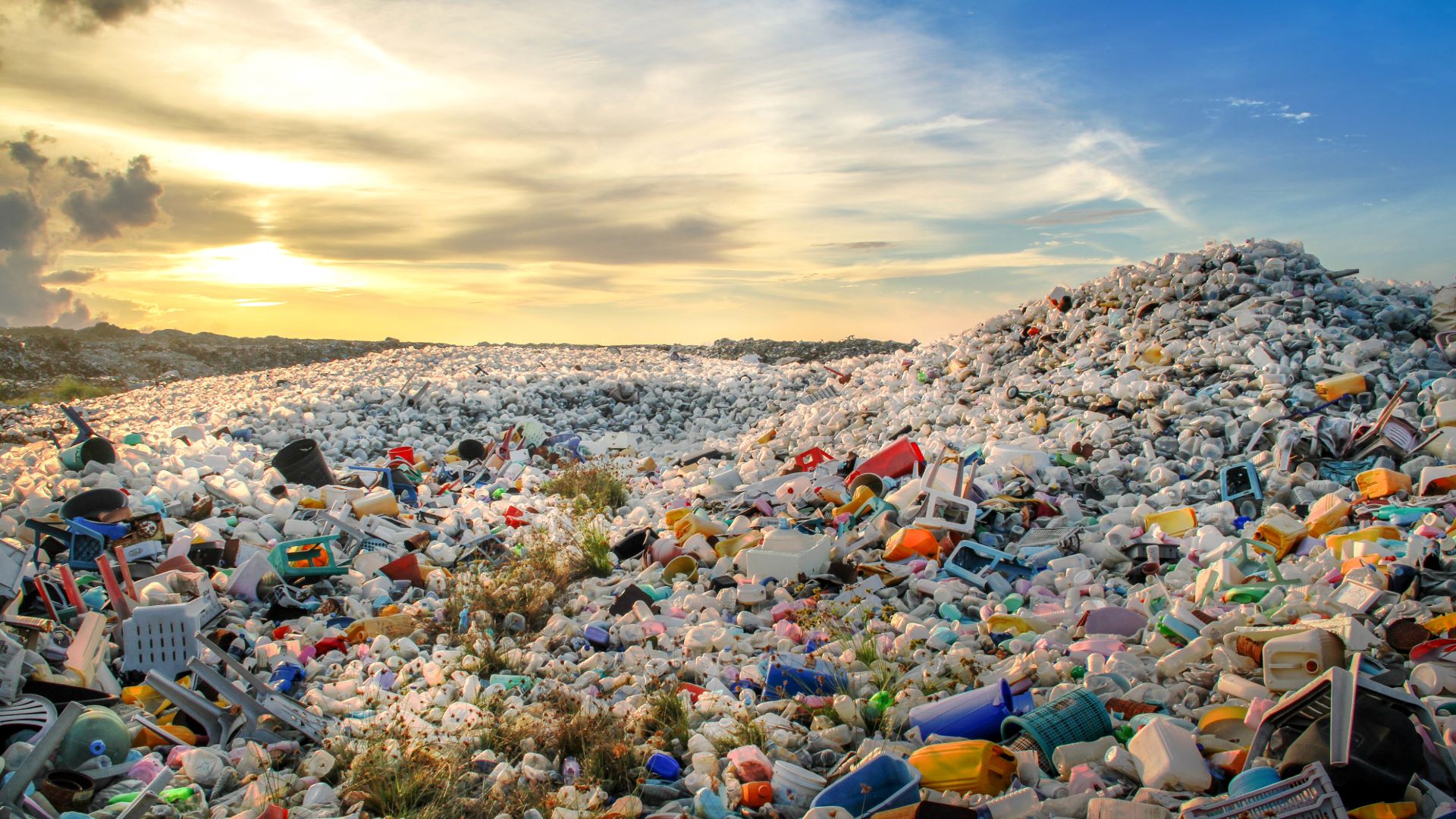
Environmental consciousness is paramount, the shift towards sustainable practices has become more critical than ever. One significant area of concern is the pervasive use of plastic water bottles, which contribute substantially to pollution and pose potential health risks. This article delves deep into the rise of bottle-less water solutions as an effective alternative, focusing on their benefits for various sectors such as small and medium-sized businesses (SMBs), enterprises, schools, banks, and healthcare facilities.
As we navigate through the complexities of plastic pollution and its impact on our planet and health, we'll explore how innovative hydration solutions are paving the way for a more sustainable future. From understanding the negative effects of plastic bottles to examining global waste management practices, this comprehensive guide aims to provide valuable insights for business owners, school administrators, and healthcare professionals looking to make informed decisions about their hydration systems.
The Rise of Bottle-less Water Systems

What Are Bottle-less Water Systems?
Bottle-less water systems, also known as point-of-use (POU) water dispensers, are innovative hydration solutions that eliminate the need for single-use plastic bottles. These systems connect directly to a building's existing water supply, providing filtered water on demand. By utilizing advanced filtration technologies, bottle-less systems ensure a continuous supply of clean, fresh water without the environmental burden associated with traditional bottled water.
Key features of bottle-less water systems include:
- Direct connection to the main water line
- Multi-stage filtration processes
- Temperature control options (hot, cold, and room temperature water)
- Touchless dispensing for improved hygiene
- Real-time monitoring and maintenance alerts
Benefits Over Traditional Bottled Water
- Environmental Impact:
- Drastically reduces plastic waste by eliminating the need for single-use bottles
- Lowers carbon footprint associated with bottled water production and transportation
- Contributes to conservation efforts by reducing plastic pollution in oceans and landfills
- Cost Efficiency:
- Significantly lowers expenses associated with purchasing bottled water
- Eliminates costs related to storing and disposing of plastic bottles
- Reduces the need for frequent deliveries, saving on transportation costs
- Healthier Option:
- Provides clean, filtered water free from potential contaminants found in plastic bottles
- Eliminates the risk of chemical leaching from plastic into the water
- Ensures consistent water quality through regular maintenance and filter changes
- Convenience and Productivity:
- Offers unlimited access to fresh water without the need for storage or restocking
- Reduces time spent on managing bottled water inventory
- Improves workplace productivity by providing easy access to hydration
- Customization and Control:
- Allows for tailored filtration based on local water quality needs
- Provides options for different water temperatures to suit various preferences
- Offers detailed usage reports for better water consumption management
Negative Effects of Plastic Bottles
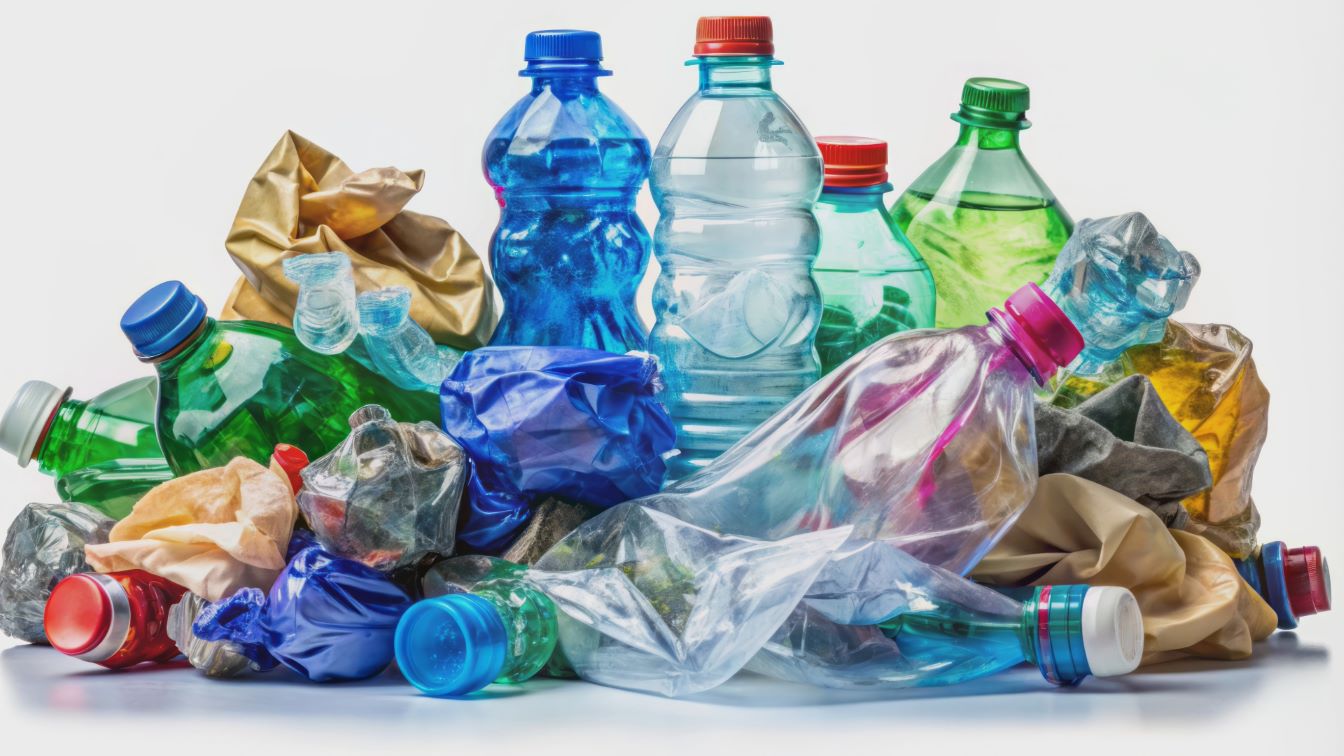
Environmental Impact
The environmental consequences of plastic bottle usage are far-reaching and severe:
- Ocean Pollution:
- An estimated 8 million metric tons of plastic enter our oceans annually
- Plastic bottles are among the top items found in ocean debris
- Marine life often mistakes plastic for food, leading to injury and death
- Carbon Footprint:
- The production of plastic bottles requires significant energy and fossil fuels
- Transportation of bottled water contributes to greenhouse gas emissions
- A study by the Pacific Institute found that bottled water production in the US alone requires 17 million barrels of oil annually
- Landfill Overflow:
- Only about 9% of plastic waste is recycled globally
- Plastic bottles can take up to 450 years to decompose in landfills
- As landfills reach capacity, finding new disposal sites becomes increasingly challenging
- Microplastic Pollution:
- As plastic bottles break down, they create microplastics that contaminate soil and water
- Microplastics have been found in the food chain, including in human food sources
- Resource Depletion:
- The production of plastic bottles consumes valuable natural resources
- It takes 3 liters of water to produce 1 liter of bottled water, exacerbating water scarcity issues
Health Concerns
The use of plastic bottles for water consumption raises several health concerns:
- Chemical Leaching:
- Substances like Bisphenol A (BPA) and phthalates can leach from plastic into the water
- These chemicals are known endocrine disruptors and have been linked to various health issues
- A study published in Environmental Health Perspectives found that people who drank from plastic bottles had 70% higher BPA levels in their urine
- Microplastics Ingestion:
- Recent studies have detected microplastics in bottled water
- The World Health Organization (WHO) has called for further research on the potential health impacts of microplastic ingestion
- Bacterial Growth:
- Reusing disposable water bottles can lead to bacterial growth
- A study by Treadmill Reviews found that reused water bottles can harbor more bacteria than a toilet seat
- Antimony Exposure:
- Antimony, a potentially toxic metal used in PET plastic production, can leach into bottled water
- Long-term exposure to antimony has been linked to various health issues
- Reduced Water Quality:
- Improper storage conditions (e.g., high temperatures) can degrade the quality of bottled water
- A study in the journal Environmental Science & Technology found that bottled water left in cars could have elevated levels of antimony
Cleartide Hydration Solutions:
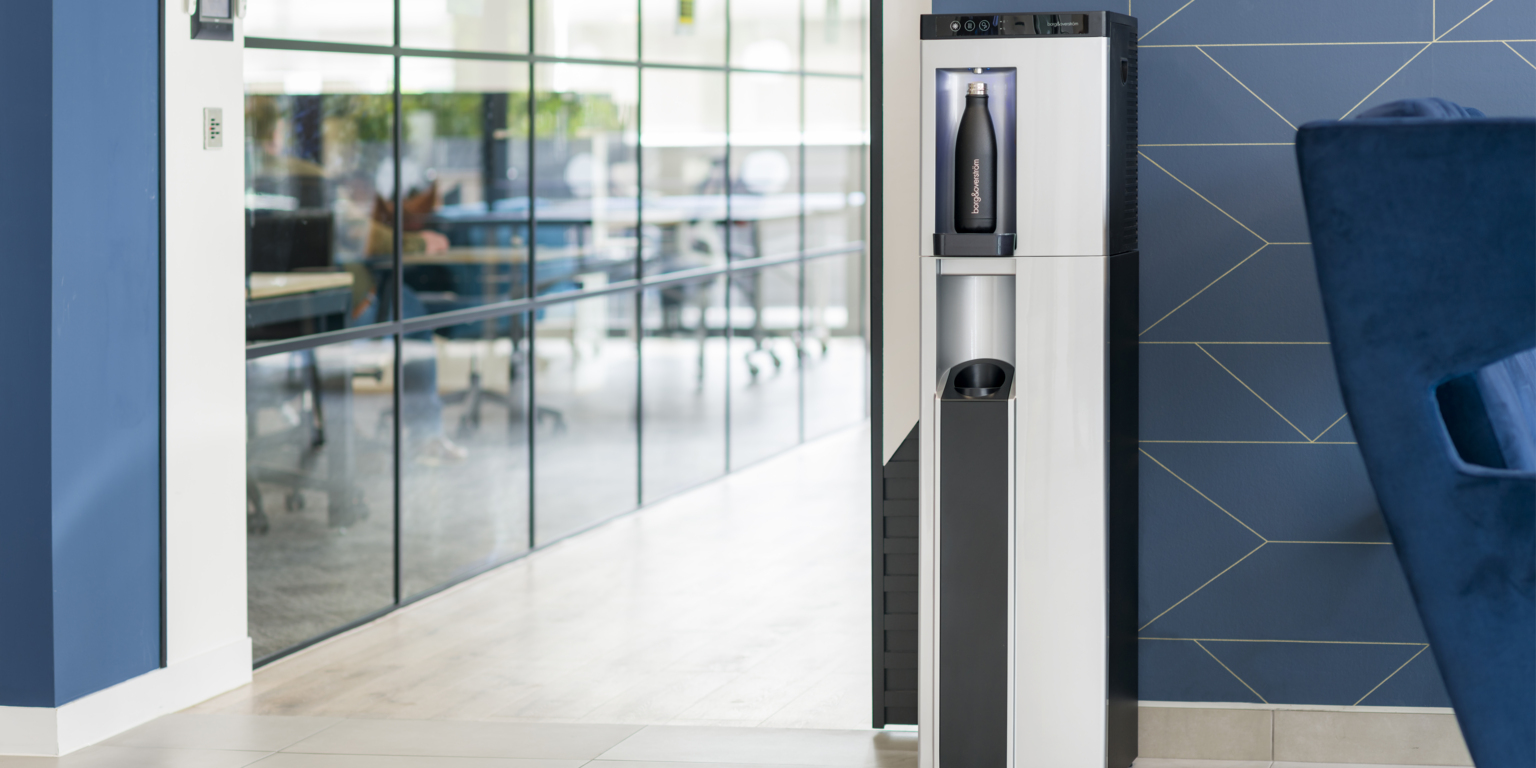
The use of plastic bottles for water consumption raises several health concerns:
Cleartide Hydration Solutions offers a practical example of how businesses can transition to sustainable hydration methods:
- Innovative Technology:
- Utilizes advanced filtration techniques, including reverse osmosis and UV sterilization
- Incorporates IoT technology for real-time monitoring and maintenance alerts
- Customer Satisfaction:
- Reports indicate high satisfaction rates due to improved taste and convenience
- Case studies show a 95% reduction in plastic waste for businesses that switched to Cleartide systems
- Cost Savings:
- Clients report an average of 30-50% reduction in water-related expenses after switching to Cleartide solutions
- Reduced need for storage space and handling of bottled water contributes to overall cost efficiency
- Environmental Impact:
- Cleartide's systems have helped businesses eliminate thousands of plastic bottles annually
- The company's carbon offset program further enhances its environmental benefits
- Customization and Scalability:
- Offers tailored solutions for different business sizes and water quality needs
- Scalable systems that can grow with the business, ensuring long-term sustainability
Managing Plastic Waste: Global Practices and Innovations
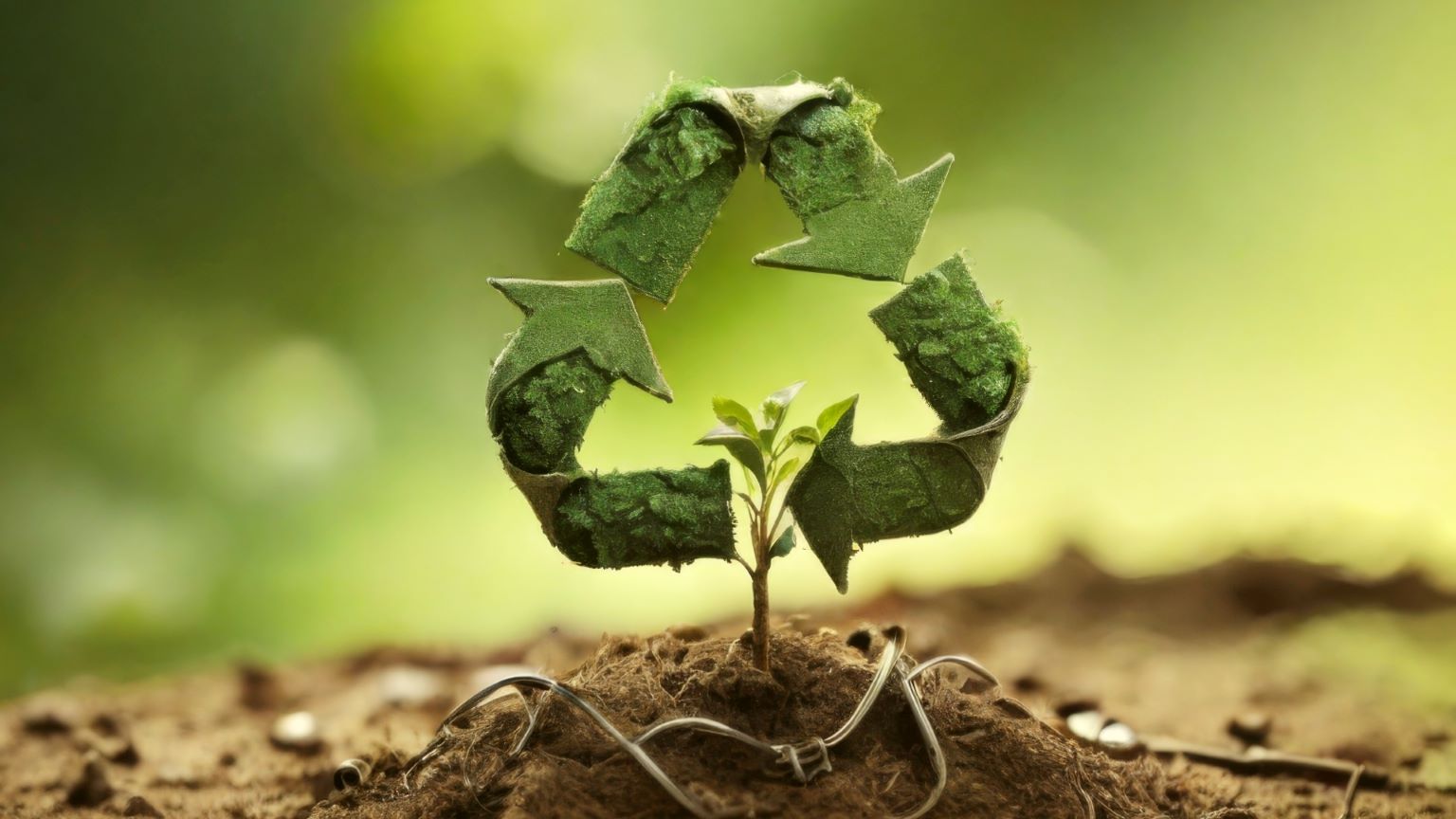
Countries worldwide are adopting various strategies to manage plastic waste effectively:
- Recycling Initiatives:
- Germany's bottle deposit scheme has achieved a 98% return rate for plastic bottles
- Japan's complex recycling system sorts plastics into multiple categories for efficient recycling
- Biodegradable Alternatives:
- Companies like Avani Eco in Indonesia are producing biodegradable plastics from cassava starch
- PHA (Polyhydroxyalkanoates) bioplastics are gaining traction as a compostable alternative to traditional plastics
- Extended Producer Responsibility (EPR):
- The European Union's EPR policies make manufacturers responsible for the entire lifecycle of their products
- This approach incentivizes companies to design more sustainable packaging solutions
- Plastic Bans and Taxes:
- Over 60 countries have introduced bans or taxes on single-use plastics
- Kenya's strict plastic bag ban has led to visibly cleaner streets and waterways
- Innovative Recycling Technologies:
- Chemical recycling processes are being developed to break down plastics into their original monomers
- Companies like Plastic Energy are converting non-recyclable plastics into fuel
The Role of SMBs and Enterprises in Reducing Plastic Use
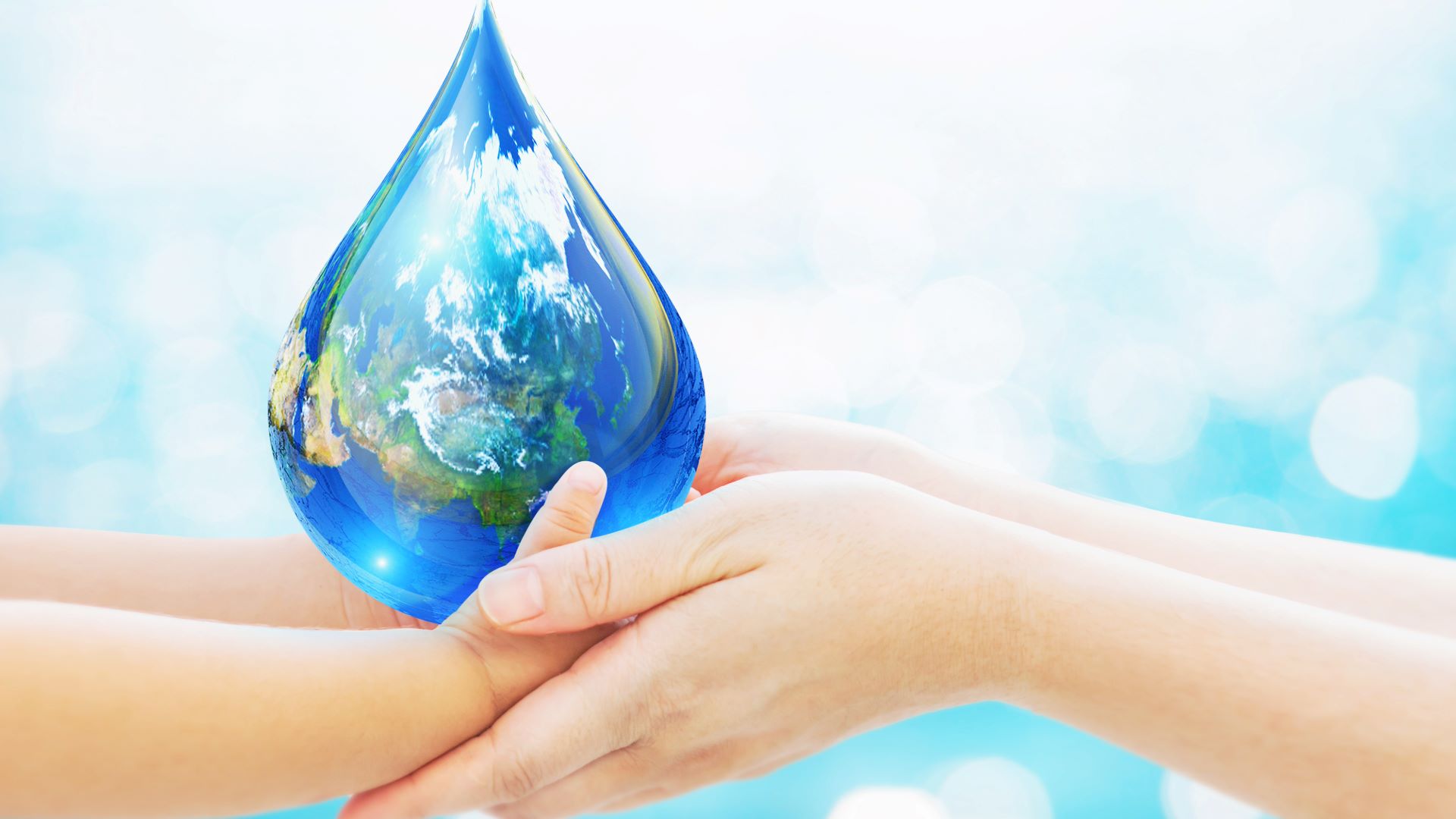
Small to medium-sized businesses (SMBs) and large enterprises play a crucial role in reducing plastic usage:
- Corporate Responsibility:
- Implementing bottle-less systems as part of corporate sustainability strategies
- Setting plastic reduction targets and regularly reporting on progress
- Employee Engagement:
- Educating employees about the importance of reducing plastic use
- Providing reusable water bottles and incentivizing their use
- Supply Chain Management:
- Working with suppliers to reduce plastic packaging in deliveries
- Choosing partners with strong environmental credentials
- Innovation and Research:
- Investing in R&D for sustainable packaging solutions
- Collaborating with startups and research institutions to develop plastic alternatives
- Community Initiatives:
- Sponsoring local clean-up events and recycling programs
- Partnering with schools and community organizations to raise awareness about plastic pollution
Healthier Alternatives: How Schools and Healthcare Can Benefit

Educational institutions and healthcare facilities can significantly benefit from adopting bottle-less systems:
- Schools:
- Promote healthy hydration habits among students while teaching environmental responsibility
- Reduce waste management costs and allocate funds to educational programs
- Incorporate sustainability lessons into the curriculum using the water system as a practical example
- Healthcare Facilities:
- Ensure patients have access to clean, safe drinking water without the risk of chemical exposure from plastics
- Improve infection control by eliminating the handling of water bottles
- Reduce storage needs and streamline facility management
- Banks and Financial Institutions:
- Demonstrate corporate responsibility and environmental stewardship
- Reduce operational costs associated with bottled water provision
- Improve employee satisfaction with high-quality, easily accessible water
- Government Offices:
- Lead by example in adopting sustainable practices
- Reduce plastic waste in line with environmental policies
- Showcase the benefits of bottle-less systems to the public
FAQs
- What are bottle-less water systems?
Bottle-less water systems are point-of-use water dispensers that connect directly to a building's water supply, providing filtered water without the need for single-use plastic bottles. - How do bottle-less systems benefit businesses?
They reduce costs, improve sustainability, provide healthier drinking options for employees, and eliminate the need for storage and handling of bottled water. - What health risks are associated with plastic bottles?
Potential risks include chemical leaching (e.g., BPA and phthalates), microplastic ingestion, and bacterial growth from reusing disposable bottles. - Are bottle-less water systems more cost-effective than bottled water?
Yes, in the long run, bottle-less systems can significantly reduce costs associated with purchasing, storing, and disposing of bottled water. - How do bottle-less water systems contribute to environmental sustainability?
They eliminate the need for single-use plastic bottles, reducing plastic waste and the carbon footprint associated with bottled water production and transportation.
Conclusion
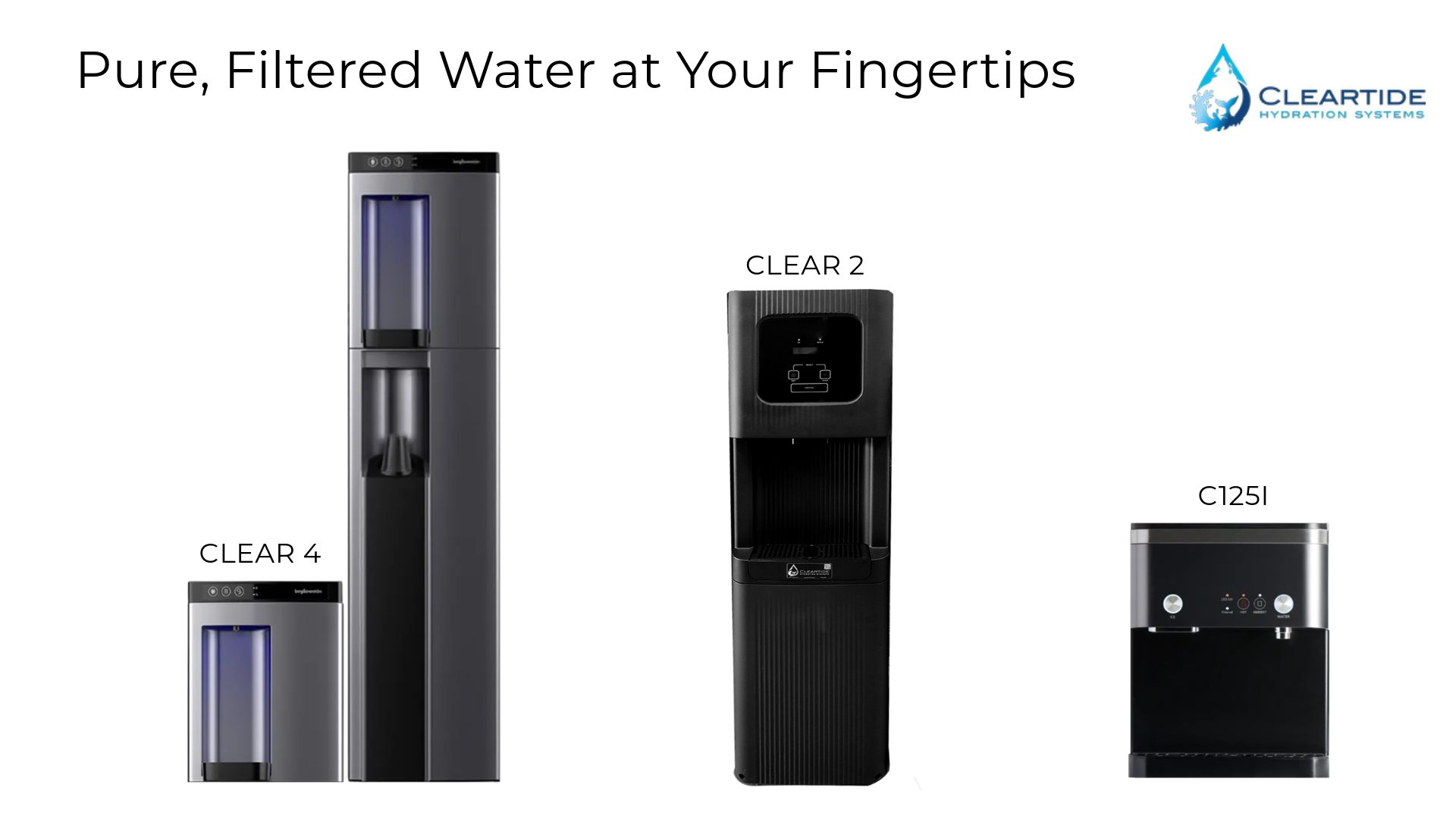
The transition to bottle-less water solutions presents a viable path toward reducing the negative impacts associated with plastic bottles. By adopting these systems, businesses, schools, and healthcare facilities can contribute significantly to environmental sustainability while ensuring access to safe, clean drinking water. The benefits extend beyond environmental considerations, encompassing cost savings, improved health outcomes, and enhanced corporate social responsibility.As we face the growing challenges of plastic pollution and its effects on our planet and health, innovative solutions like those offered by Cleartide Hydration Solutions pave the way for a more sustainable future.
By embracing these technologies, organizations can play a crucial role in mitigating the plastic crisis while reaping the benefits of improved hydration solutions. The time for action is now. Every bottle-less system implemented represents thousands of plastic bottles that will never pollute our oceans or landfills. As consumers become increasingly aware of the environmental impact of their choices, businesses that lead in sustainability will gain a competitive edge and contribute to a healthier planet for future generations.
Join the Movement:
Join the movement towards sustainable hydration by exploring Cleartide Hydration Solutions today. Take the first step in reducing your plastic footprint and improving your organization's environmental impact. Contact us to learn how our bottle-less water systems can benefit your business, school, or healthcare facility.
